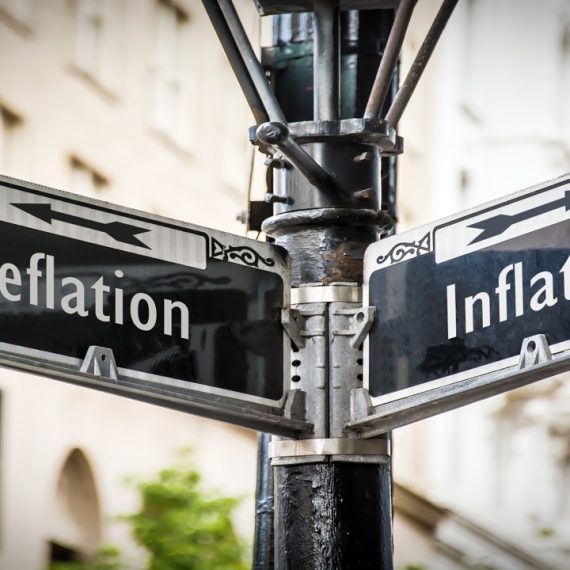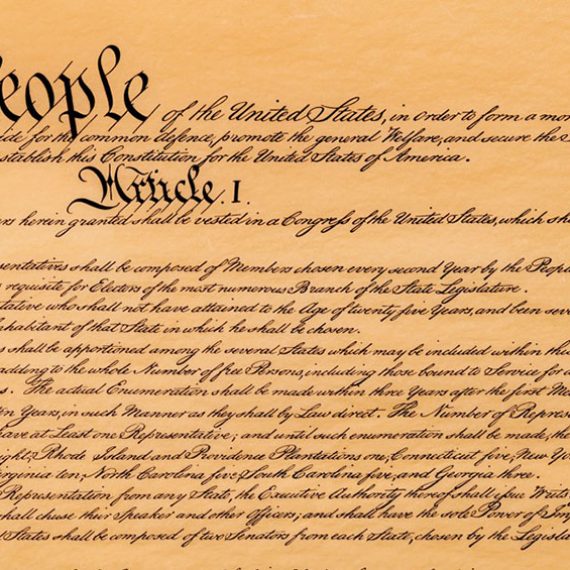April 12, 2010 – On August 16, 1999, I recounted how legendary traders Jim Fisk and Jay Gould had profited handsomely from a massive short squeeze in gold 130 years earlier. The opportunity they took advantage of arose because of the ongoing monetary turmoil of their day arising from the so-called “greenback”, the irredeemable fiat currency issued by the North to finance President Lincoln’s war with the South. Here is what I wrote about the immediate prospects for gold back then:
“I believe that within two weeks, another gold squeeze will start from the depths of a typically hot and humid New York summer. Like the squeeze of 1869, the market now is far too complacent about both gold and the fiat currency of our day, the Federal Reserve dollar (which differs from a Greenback dollar in name only). And conditions are ripe for a successful squeeze, most notably in the low gold price…”
Gold was $260.90 that day, and nine days later reached its $253 low. From there, gold never looked back because the short squeeze I had expected began.
In the next six weeks gold jumped nearly 30% as a massive squeeze gained momentum pushing shorts to the edge, prompting central bank intervention and the announcement of their bombastic “Washington Agreement on Gold”, which was purposefully and maliciously designed to make it appear they were not going to disrupt the gold market. This event was later described by Eddie George, then Governor of the Bank of England and a director of the BIS, as follows:
“We looked into the abyss if the gold price rose further. A further rise would have taken down one or several trading houses, which might have taken down all the rest in their wake. Therefore at any price, at any cost, the central banks had to quell the gold price, manage it. It was very difficult to get the gold price under control but we have now succeeded. The U.S. Fed was very active in getting the gold price down. So was the U.K.” http://www.gata.org/node/4258
Conditions are ripe for another short squeeze, which was a key element of my forecast for this year. Several big banks and others owe physical metal, but there is not sufficient metal available at current prices for them to purchase to enable them to cover their short positions, which is the important point. Physical metal cannot be conjured up out of thin air like dollars, euros, pounds and the world’s other fiat currencies that are merely intangible bookkeeping concepts. When a bullion bank owes physical metal, it must repay real – i.e., tangible – physical metal or default.
There is a huge naked short position out there. Much metal is owed, but not enough metal can be bought at the current price to enable the shorts to repay their gold debts. In fact, a squeeze has already begun. It began last summer when Greenlight, a large US hedge fund switched out of GLD – the large gold ETF – into physical metal, and I expect the squeeze to continue. A price surge in gold and silver will be the inevitable result.
Soon central banks will once again be looking “into the abyss.” We can therefore expect more interventions from them that may buy them more time, but they are losing the war against honest money.
A higher gold price is needed to entice present holders of physical metal to sell their metal and hold irredeemable fiat currency instead. How high? Before even considering parting with any of my physical metal, I will wait for something around my longstanding forecast of $8,000 per ounce, which I still expect to be reached no later than some time between 2013 and 2015.



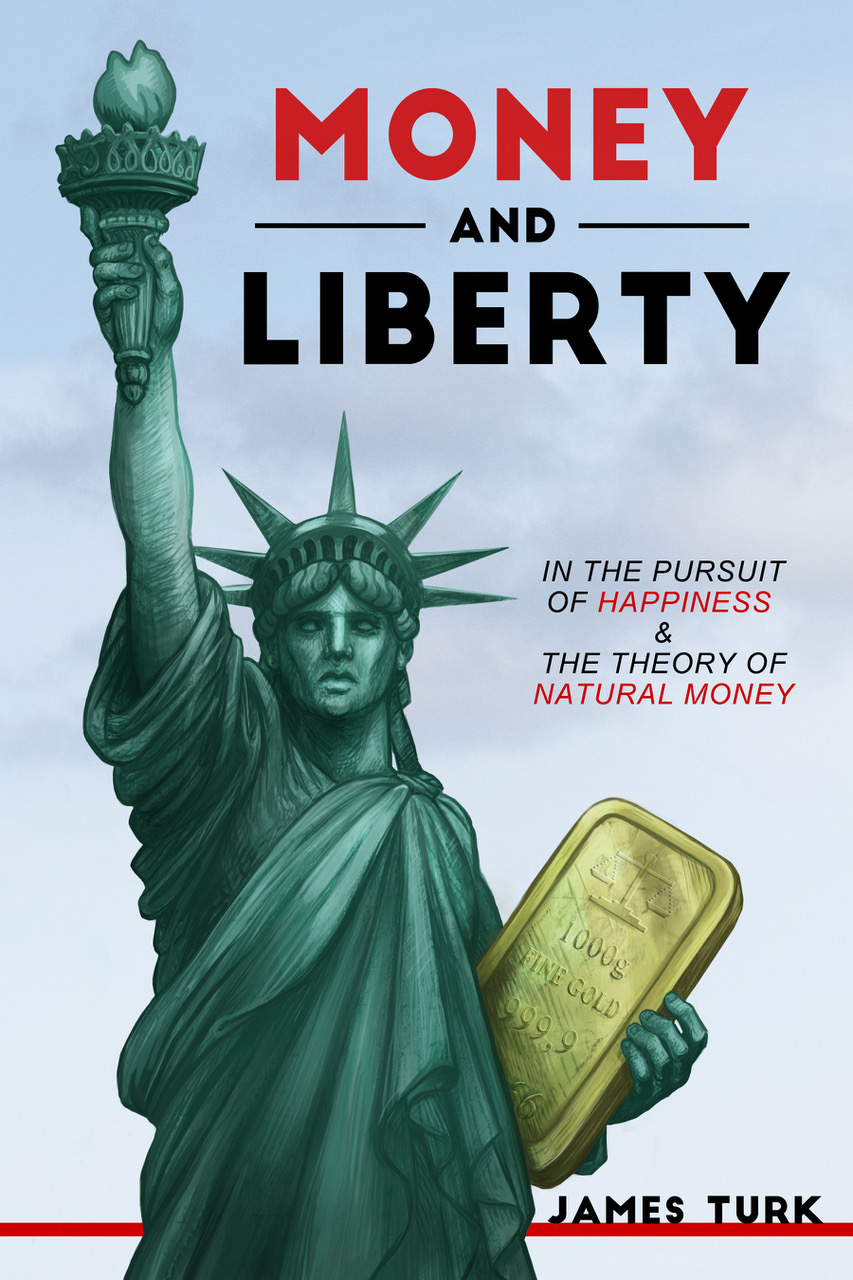
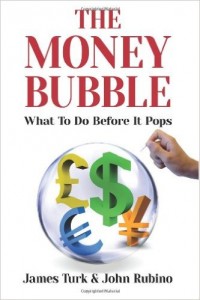
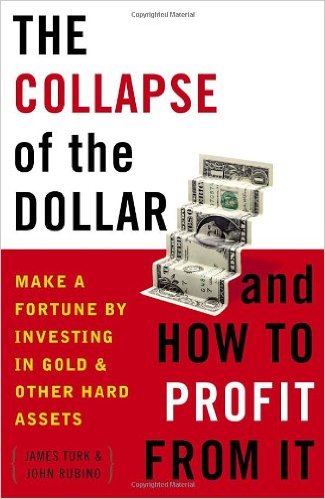
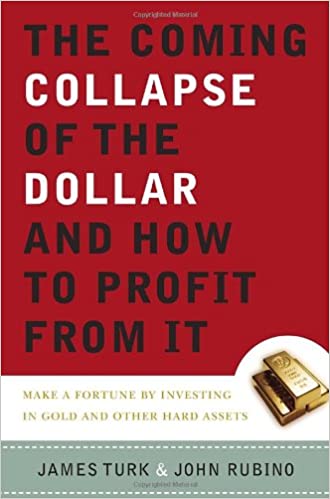
 My objective is to share with you my views on gold, which in recent decades has become one of the world’s most misunderstood asset classes. This low level of knowledge about gold creates a wonderful opportunity and competitive edge to everyone who truly understands gold and money.
My objective is to share with you my views on gold, which in recent decades has become one of the world’s most misunderstood asset classes. This low level of knowledge about gold creates a wonderful opportunity and competitive edge to everyone who truly understands gold and money.